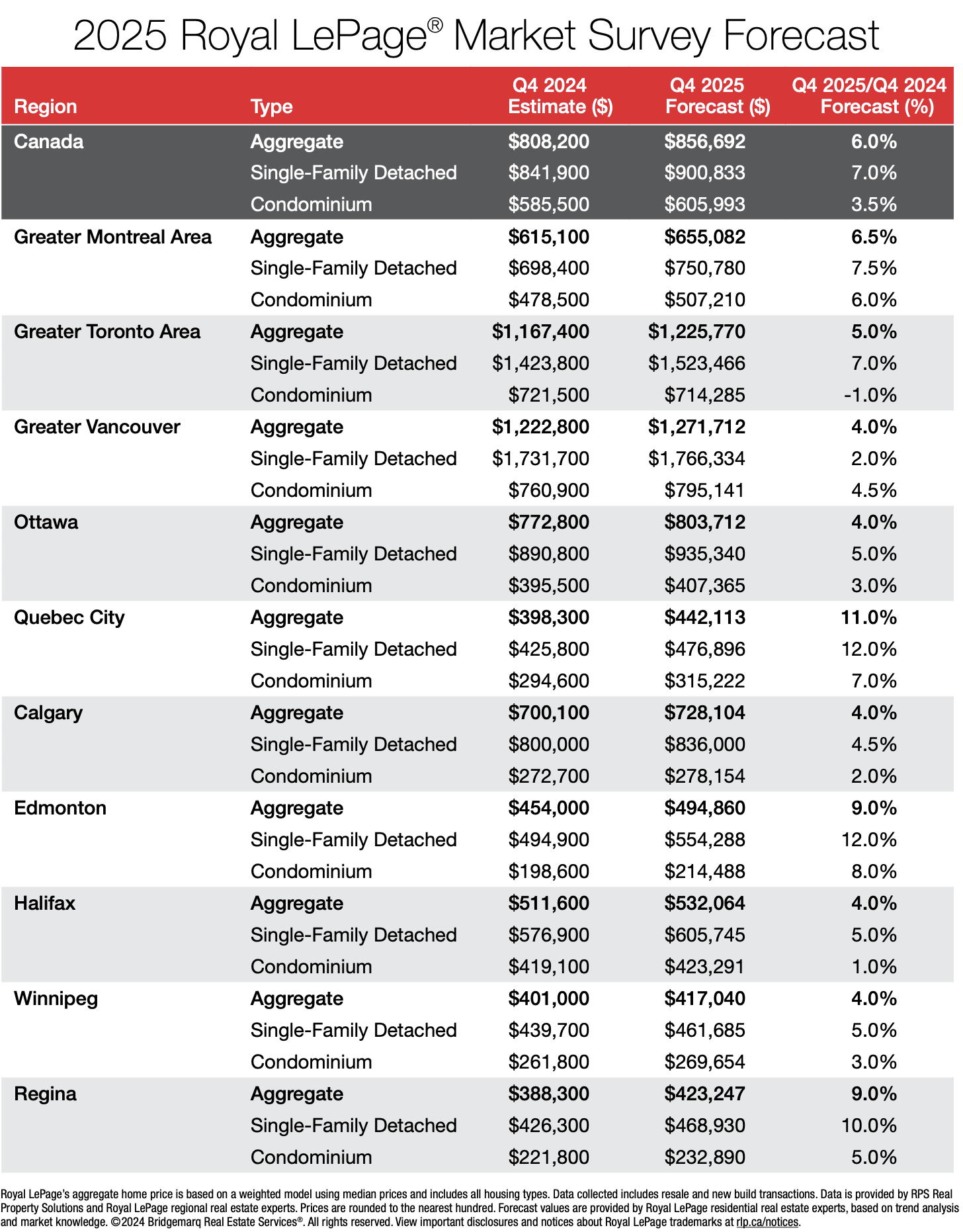When it comes to selling your home, first impressions are everything—and bathrooms are no exception. A tired, outdated bathroom can quickly turn potential buyers off, leaving them with a negative overall impression of your home. The good news? You don’t need to spend a fortune on a full renovation to make a bathroom shine. With a few simple updates, you can create a fresh, modern space that will impress buyers and boost your home's appeal.
Here are some budget-friendly ways to refresh your bathroom:
1. Update Hardware for Instant Modernization
One of the quickest ways to transform the look of a bathroom is by swapping out outdated cabinet knobs, drawer pulls, and faucets. Sleek metallic finishes, such as brushed nickel or matte black, are incredibly popular and easy to install. These small changes can make a big difference in modernizing your space.

2. Give Grout and Caulking a Refresh
Over time, grout can discolour, and caulking around your tub or sink may start to peel. These issues are often overlooked, but a quick clean and touch-up can restore the bathroom’s appearance. A fresh layer of caulking and properly cleaned grout will give the impression of a well-maintained, freshly updated bathroom.

3. Revamp Lighting for a Welcoming Glow
Lighting plays a critical role in setting the tone of any room, and your bathroom is no different. Swap out old, dated light fixtures for more modern ones. If you’re not ready to rewire, simply upgrading your bulbs to bright, energy-efficient options can create a warm and inviting atmosphere—perfect for buyers.

4. Refresh Your Shower Curtain and Bath Mats
Replacing worn-out shower curtains and bathmats is an affordable and easy way to give your bathroom a quick makeover. Opt for light-coloured or clear shower curtains to make the space feel larger and brighter. Fresh, neutral bathmats will tie the space together while adding a touch of comfort.

5. Accessorize for Style and Simplicity
Sometimes, all a bathroom needs is a few well-placed accessories. Consider investing in a new soap dish, toothbrush holder, or a stylish tray for your toiletries. Fresh, white towels can elevate the space without overwhelming it, and a couple of decorative touches like potted plants will bring in life and colour.

6. Frame Your Mirror for Extra Charm
If your mirror looks plain or has signs of wear, consider adding a simple frame. A wooden frame—stained or painted to match your bathroom's colour scheme—can instantly add character and complete the look of the space. This small update can make a world of difference in creating a polished, welcoming atmosphere.

Selling your home doesn’t have to mean spending a fortune on expensive renovations. Simple, affordable updates to your bathroom can have a huge impact, improving both its appearance and overall appeal. A little creativity and attention to detail can go a long way in making your bathroom a space that potential buyers will remember.















.png)
